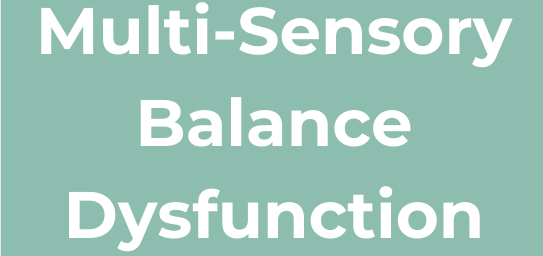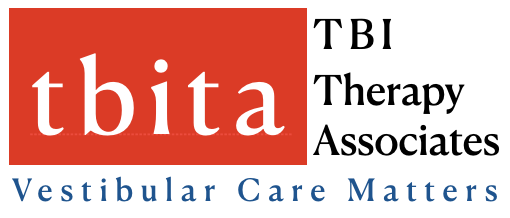Multi-Sensory Balance Dysfunction

Balance control is a complex process that relies on the integration of sensory inputs from multiple systems: vestibular, visual, and somatosensory.
Multi-Sensory Balance Control
- Vestibular System: Detects head movements and spatial orientation.
- Visual System: Provides environmental and spatial orientation information.
- Somatosensory System: Offers feedback on body position and movement through proprioception.
- Central Vestibular System: Integrates multisensory balance signals.
In individuals with Traumatic Brain Injury (TBI), this integration is often disrupted, leading to significant balance and coordination problems. Understanding the mechanisms of multi-sensory balance control and the impact of TBI is essential for developing effective rehabilitation strategies.
Effective management of multi-sensory balance issues in TBI patients requires a comprehensive approach that addresses the complex interplay between various sensory systems. By utilising specialised assessments and tailored rehabilitation strategies, vestibular physiotherapists can help TBI patients regain better balance control and improve their overall quality of life.
Vestibular rehabilitation therapy (VRT) is a vital component in the management of multi-sensory balance issues in TBI patients. By providing a structured and individualised approach, VRT can significantly improve balance, reduce dizziness, and enhance overall quality of life. Through comprehensive assessment, tailored exercises, and continuous support, vestibular physiotherapists play a crucial role in helping TBI patients regain their functional independence and confidence.
